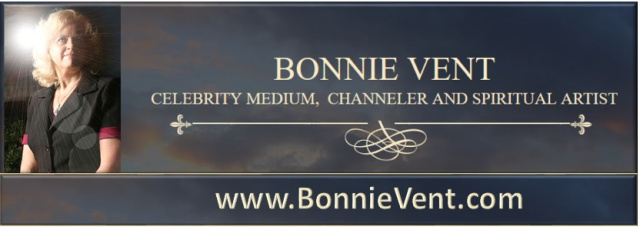A quiet revolution is underway in paranormal research. The idea involved is not new -- it’s been around for a few years now -- and it hasn’t captured the hearts and minds of too many people yet, but it’s an idea with potentially wide-reaching implications and it might just be gathering momentum.
It’s based on a simple question: should paranormal researchers be researching the paranormal at all? Should they instead be researching the “xenonormal”?
That peculiar word means “foreign normal”. According to the UK’s Association for the Scientific Study of Anomalous Phenomena, it consists of “events that, in certain circumstances, resemble the paranormal, even though they are not.”
 As a simple illustration, the bright appearance of the planet Venus occasionally and famously gives rise to UFO reports. This is not because the witnesses are stupid but simply because they’re seeing something unfamiliar to them. It’s a similar situation with hearing unsettling noises in a strange house at night, and wondering whether the building is haunted.
As a simple illustration, the bright appearance of the planet Venus occasionally and famously gives rise to UFO reports. This is not because the witnesses are stupid but simply because they’re seeing something unfamiliar to them. It’s a similar situation with hearing unsettling noises in a strange house at night, and wondering whether the building is haunted.
Essentially, the idea behind the xenonormal approach is to study the ways in which natural events can generate reports of UFOs, ghosts, and so on, and build up a body of knowledge on this subject.
In effect, this approach turns paranormal research on its head. Instead of searching for proof for the paranormal the emphasis is placed on looking for ways to eliminate the normal and then examining what, if anything, is left over. Sherlock Holmes would be proud!
The approach does not appeal to everyone, and one reason for this is that it can seem far removed from the thrill of exploring the fantastic. Consider orbs, for instance. Many sceptics proclaim that orbs are caused by dust particles, whereas many ghost hunters believe (some) orbs to be paranormal, often citing the orbs’ behaviour as evidence for this. But how many ghost hunters -- or sceptics -- can truthfully claim to have based their conclusions on a detailed knowledge of the way dust behaves? Studying dust is just the sort of approach xenonormal researchers might take, and you can understand why theirs might be a lonely path.
 They have their excitement too, however, because an important aspect of the xenonormal approach involves gathering knowledge from the cutting edges of scientific discovery. The fast-moving frontiers of neuroscience, for instance, are a great source of inspiration because of what is currently being revealed about the ways in which we see, hear, and otherwise experience the world around us.
They have their excitement too, however, because an important aspect of the xenonormal approach involves gathering knowledge from the cutting edges of scientific discovery. The fast-moving frontiers of neuroscience, for instance, are a great source of inspiration because of what is currently being revealed about the ways in which we see, hear, and otherwise experience the world around us.
The issue of whether to focus research on the paranormal or the xenonormal divides opinion, often very strongly indeed.
Some find the xenonormal approach appealing because it enables researchers to make steady progress, using scientific methods to build up a body of solid and repeatable evidence.
Others, though, are left cold by the whole idea. To put it kindly, they think it misses the entire point of studying the paranormal in the first place!
What do you think?



